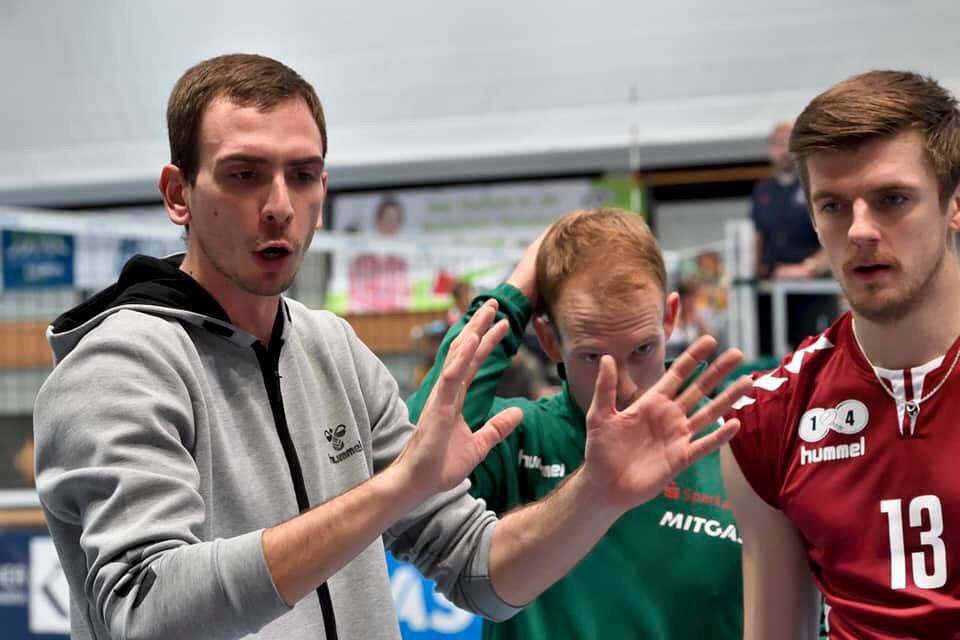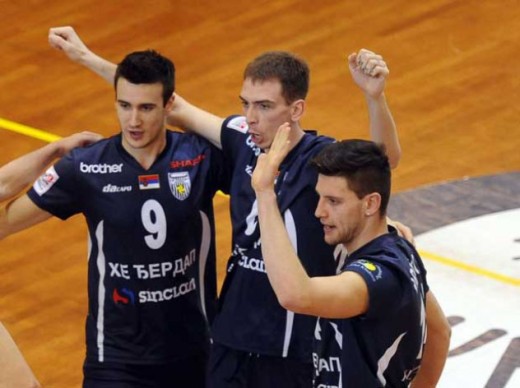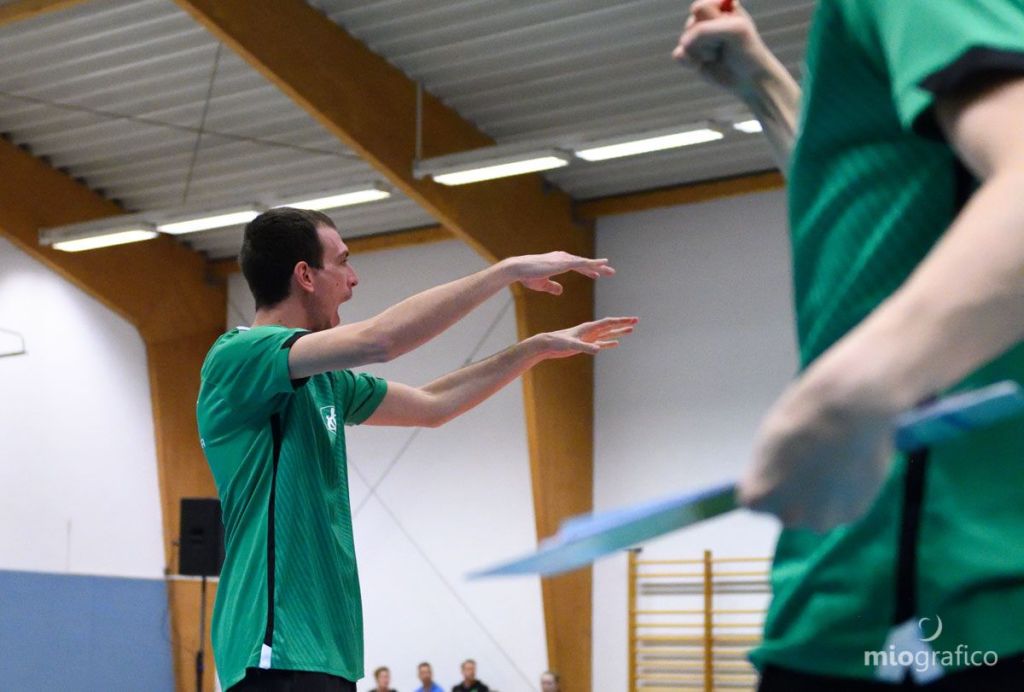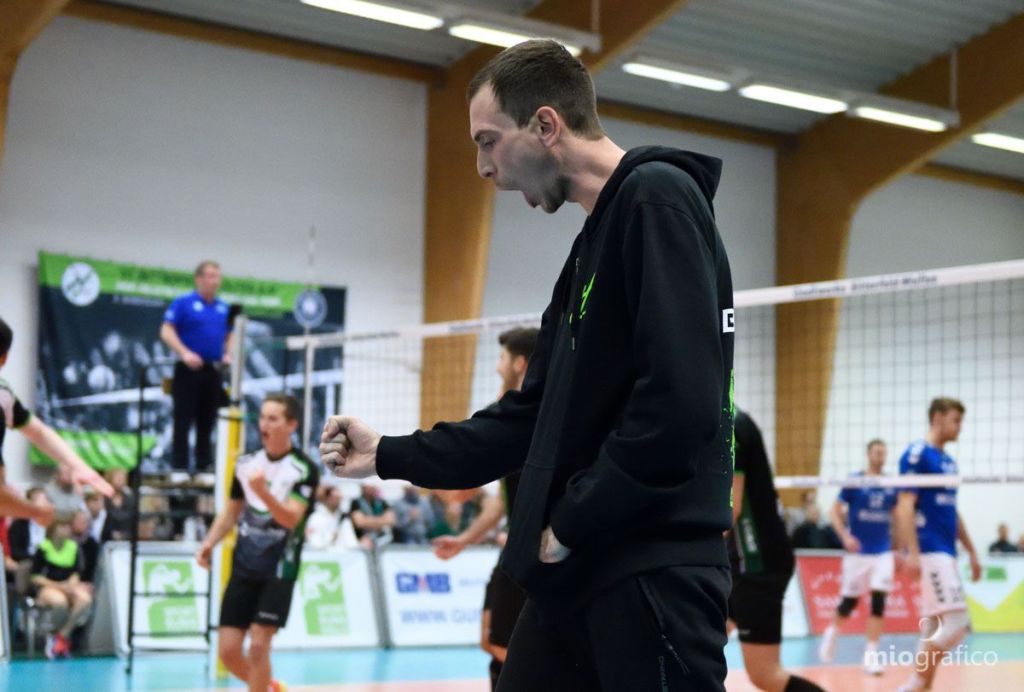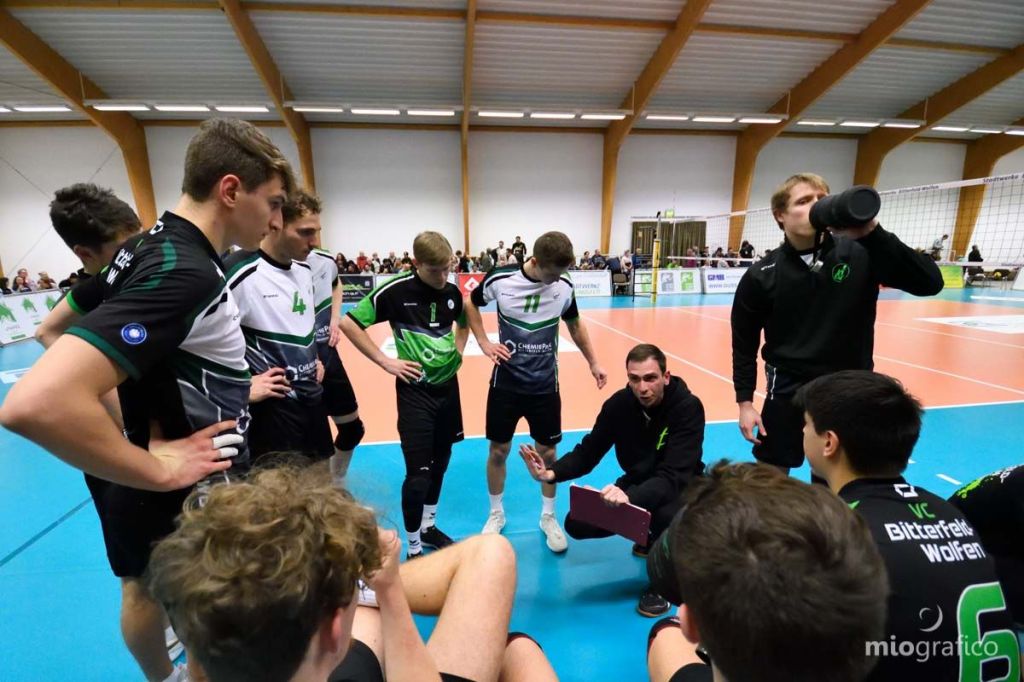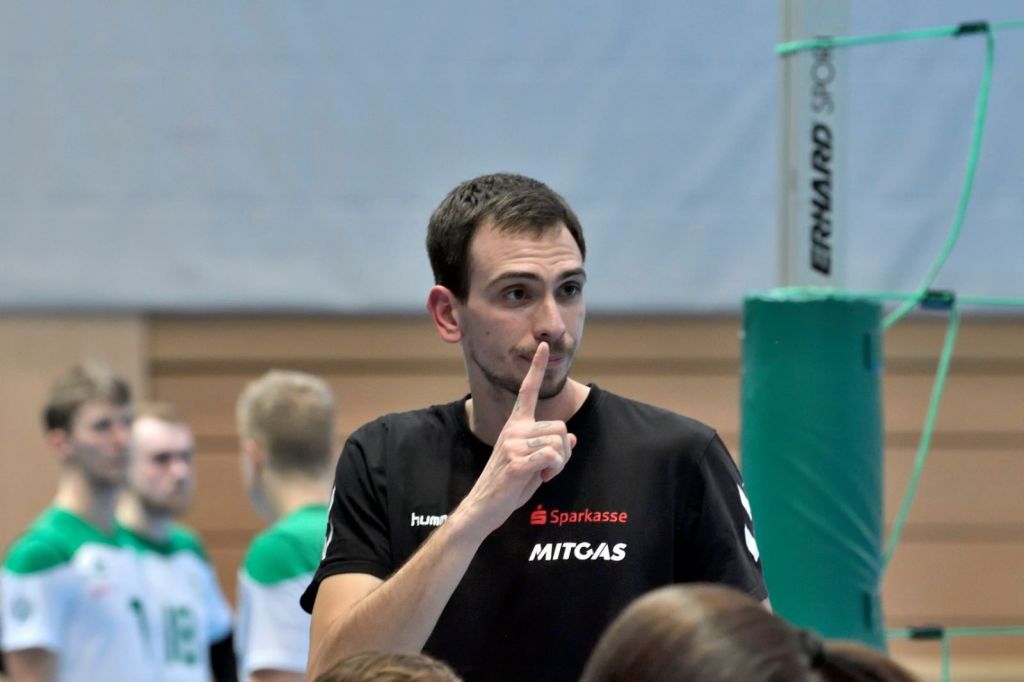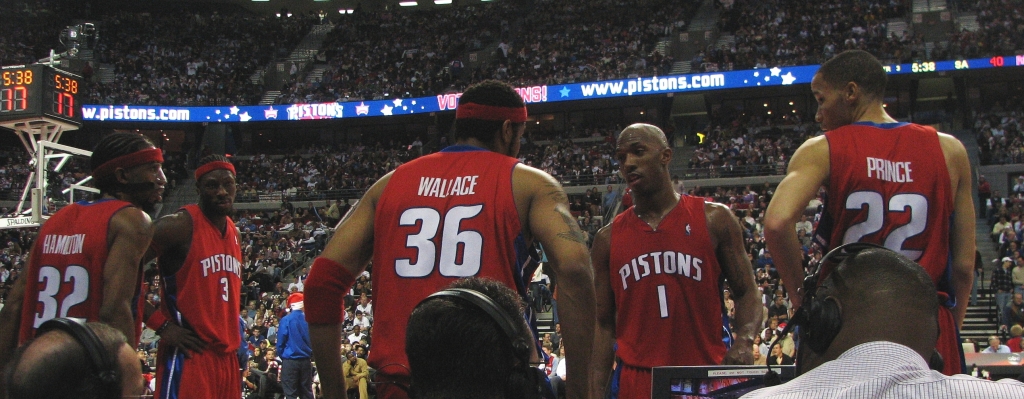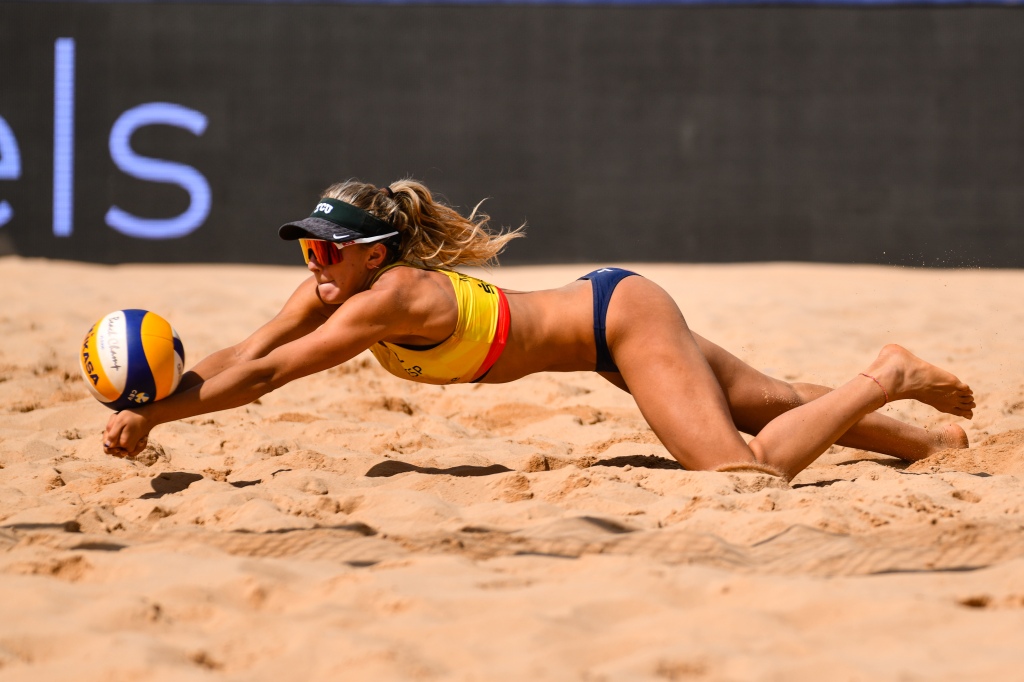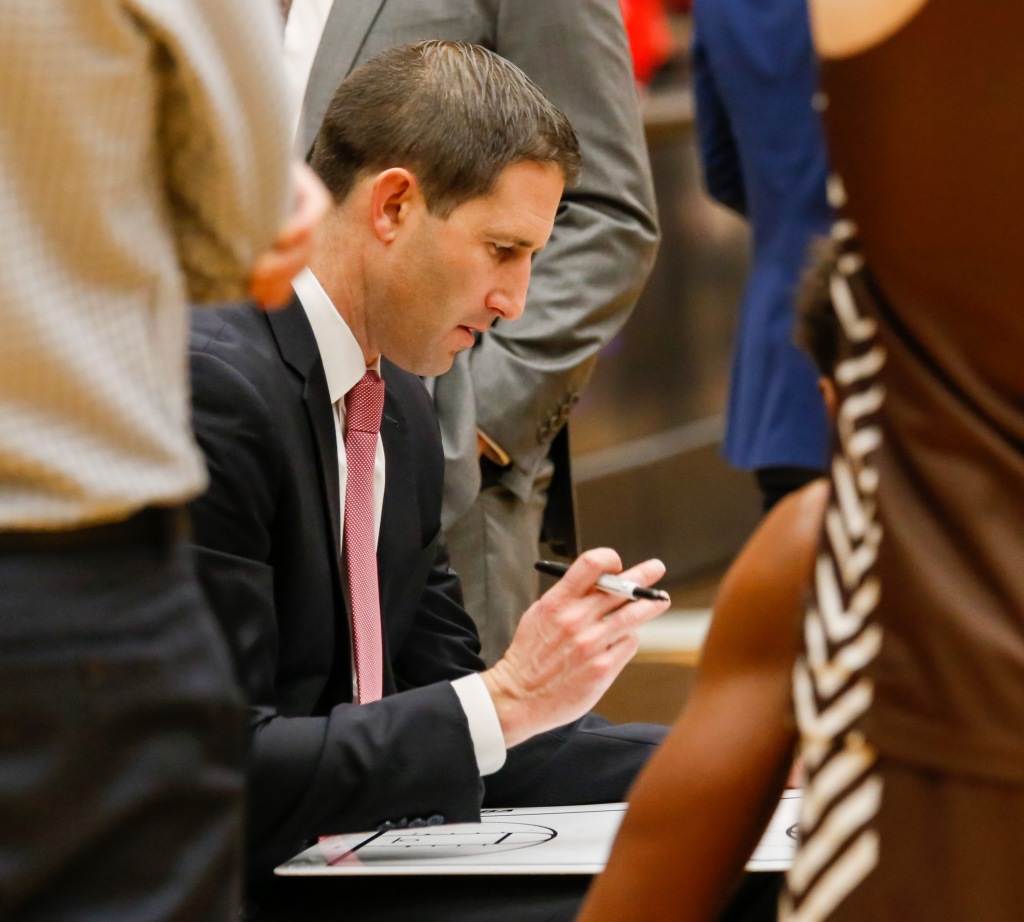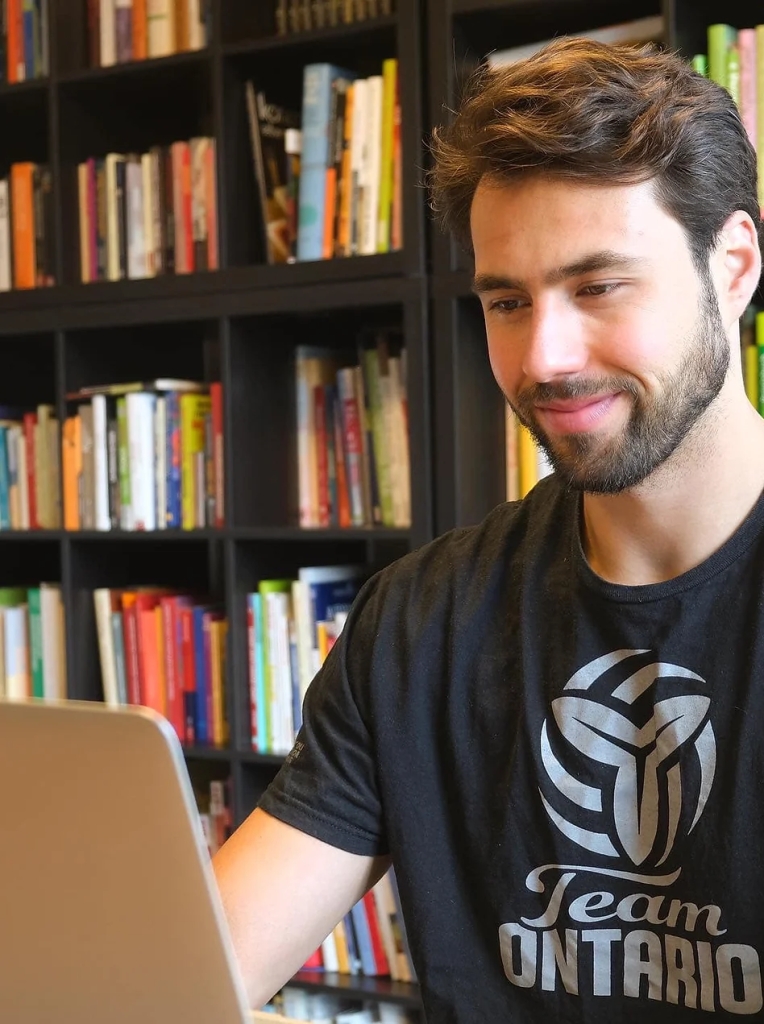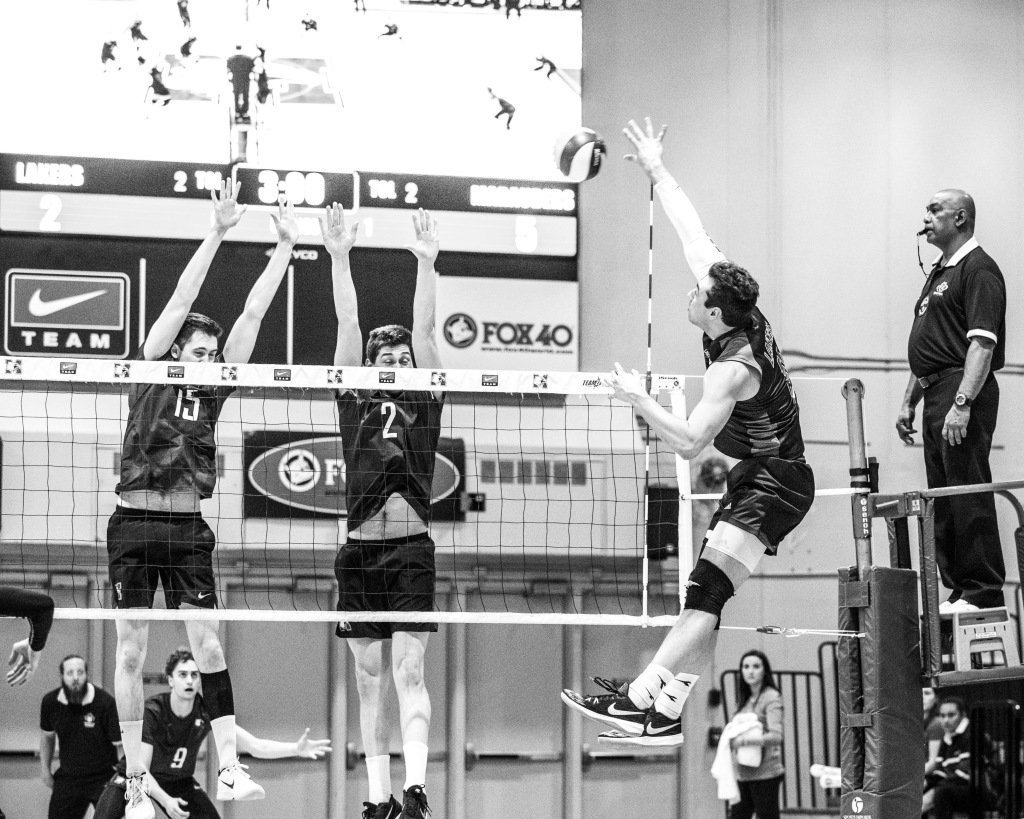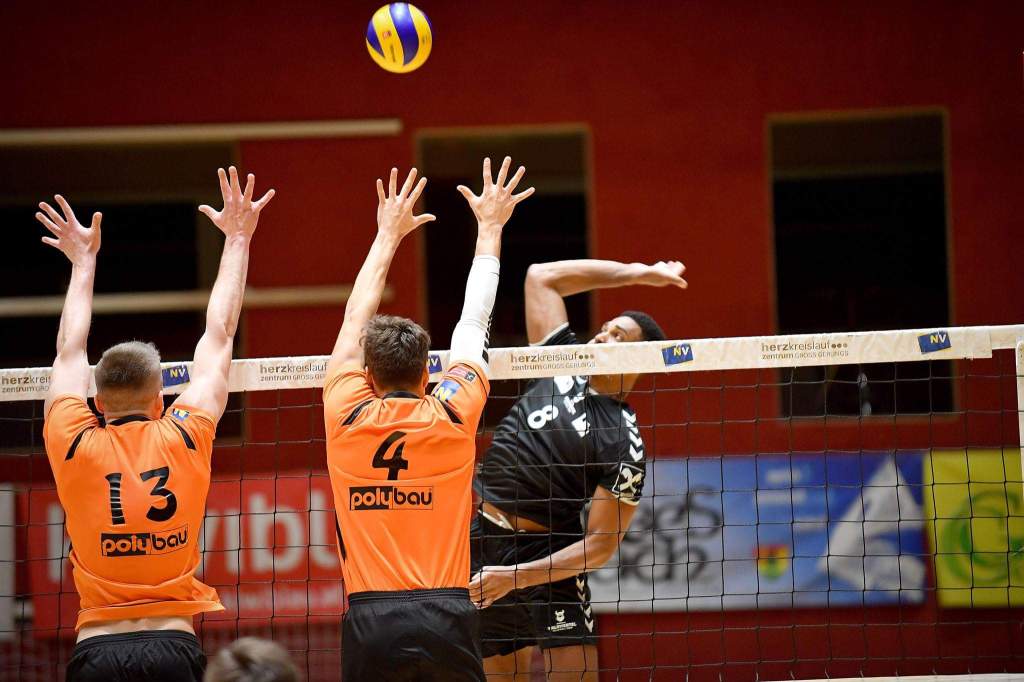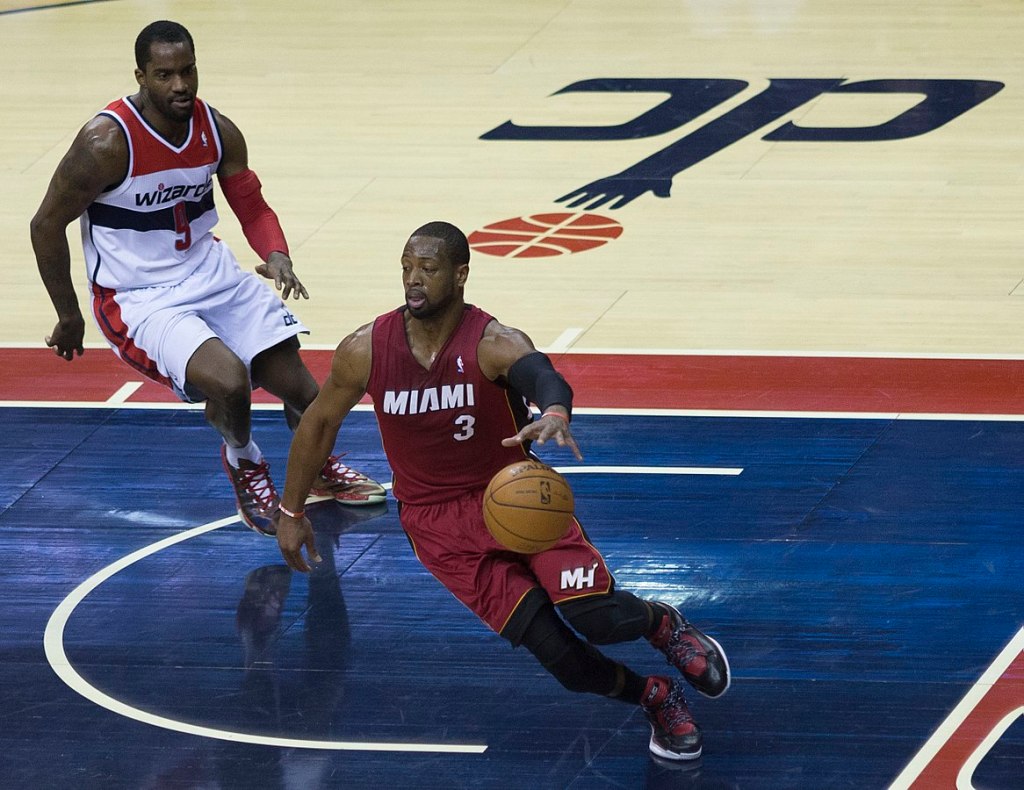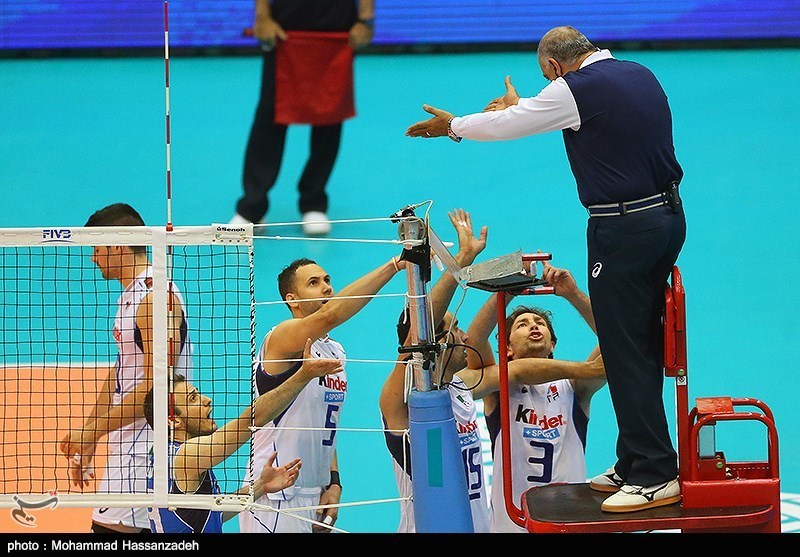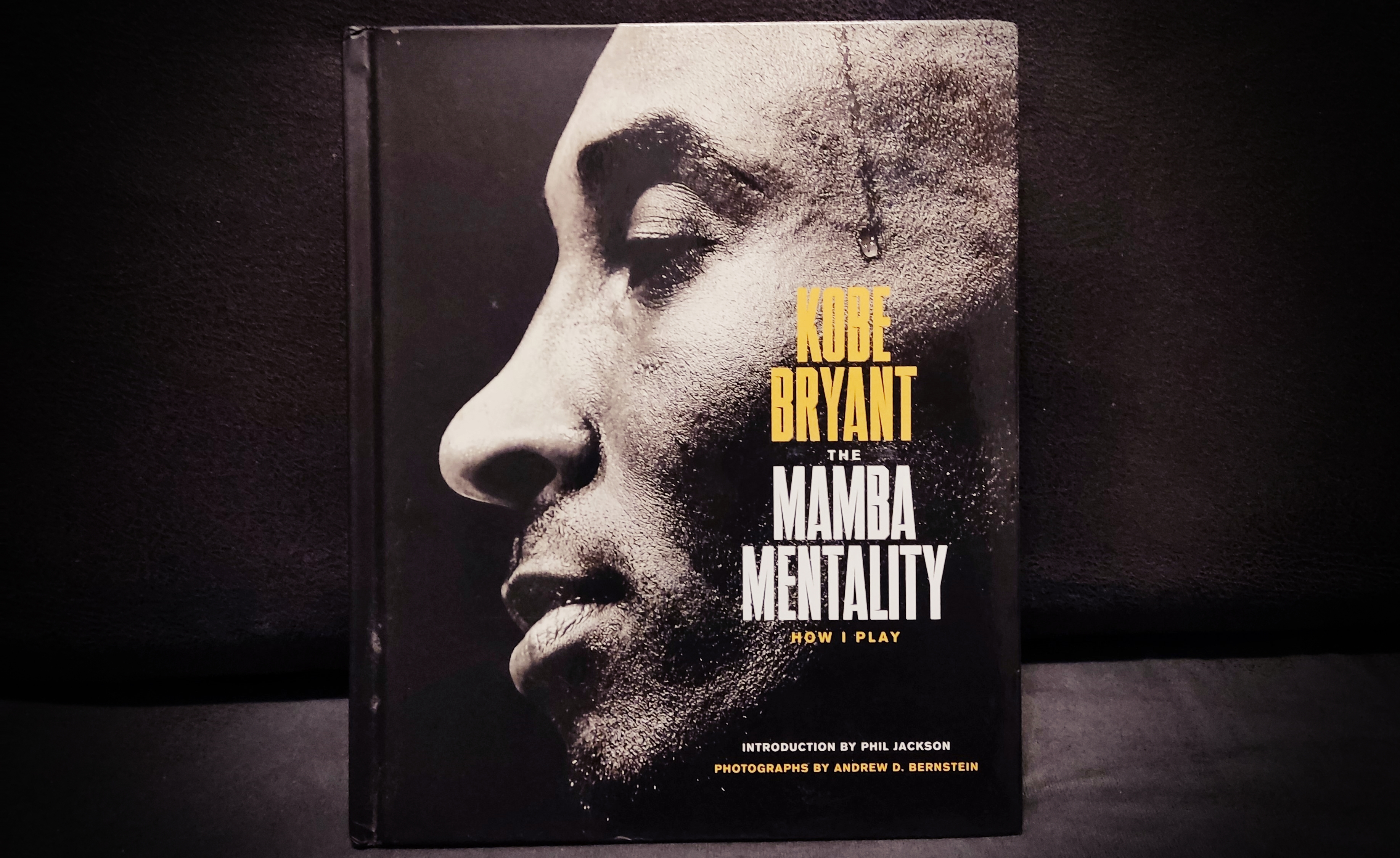How to switch whining into winning
Natural reaction
How many times have you heard things like: “My coach is such a jerk”, “my teammate screwed up this play so badly, it costed us the game”, “my knee is hurting”, “all our captain does is yell at everyone else”, “the referee really sucked today”? How many times were you the one saying these things? Every single day we all have things that don’t go our way. We all have plenty of reasons to complain. “If so and so acted differently, I would have succeeded”. “If so and so happened, things would be different”. This is absolutely correct – IF so and so happened, things WOULD BE different. But so and so DID NOT happen and things ARE what they are. So why are we complaining? What is the purpose of that activity?
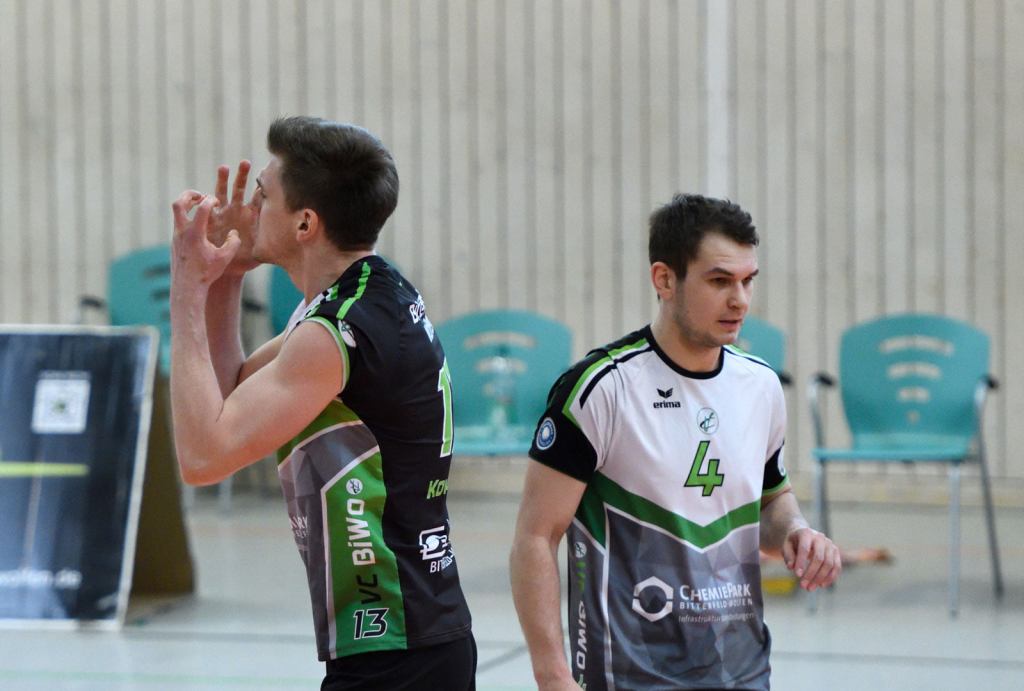
It seems to me that this is a natural reaction for many people. It allows them to avoid taking on the responsibility for the unwanted outcome. Blaming someone else or something else, rather than yourself, perhaps allows us to more easily accept that outcome. It is much easier to point fingers rather than try to come up with a solution. It gives us this false sense of security – we feel safe telling ourselves that we did our job, and the unwanted outcome is someone else’s fault. It is also understandable where this kind of behavior comes from: we all tell ourselves a story in our heads everyday – we take in the reality around us and transform it through our previous experiences and personality traits. Every person in a group of people will experience the same thing happening to the whole group in their own, unique way. Imagine a rollercoaster ride. One person is having a blast and laughing, the next one is high on adrenaline, another one is crying from fear and the last one feels like they’re about to throw up because they just ate three hot-dogs before jumping on the ride. They all went through the same thing, yet their experiences couldn’t be more different. We do the same thing in our heads – we go through the same practice as our teammates – for you it could be the worst practice ever and for your teammate it could be the best. The one thing that most (if not all) of us share is that we want to be “the good guy” in our story. We want to feel good about ourselves at the end of the day. We want to feel that we did a good job and we just weren’t lucky enough when something bad happened to us. It is easier to live with yourself if you say “this was not my fault, it was him, it was her, it was something else”.
It is easier, but it is not better. Hear me out.
A stoic and a Chinese farmer walk into a bar…
I bet it’s been a while since you heard a good old truism, so let me hit you up with one right now: the world we live in ain’t perfect. It’s also not fair sometimes – all sorts of random misfortunes happen to all of us for no reason: we might get really sick before a huge game, we might twist an ankle, there might be a pandemic that causes our season to be canceled. All of these things are outside of our control; there’s nothing we can do about them. These kinds of scenarios usually give us the reason to complain and blame them for our lack of success: “if the season wasn’t canceled, I’m sure we would’ve won”, “if only I didn’t twist my ankle or get sick I would’ve won that game”. We tend to do that with our teammates, too. “He really choked in the last few minutes of the game, he is the reason we lost it”. Making excuses like that will not get you anywhere. Because that’s all this is – complaining means making excuses. We need to realize that true winners win despite all of the obstacles on their way and not because there aren’t any. They find a way to work around the problems even if they are unsolvable, or outside their control. A famous quote from the ancient school of thought known as stoicism says “It is not the events that upset us, but our judgments about the events”. Stoicism deserves its own article, but this quote summarizes it quite well. Any situation you can think of is not intrinsically good or bad. An event doesn’t have a morality of its own. It’s all about how we react to it.

There is this old Chinese story:
There was a farmer whose horse ran away one day. The farmer's neighbors came to him to express how sorry they are that it happened to him. “It's the most unfortunate thing”, they said. “Maybe” replied the farmer.
The next day the horse came back bringing a bunch of wild horses with him. The neighbors came back saying “what a terrific turn of events, you are so lucky this happened to you”. “Maybe” said the farmer.
The day after, the farmer's son tried to tame one of the wild horses, but fell off its back and broke his leg. The neighbors again tried to cheer the farmer, saying “what bad luck, this is terrible”. The farmer replied “maybe” again.
The following day soldiers came to the farmer's house looking to draft every young man in the nation to the army. They had to reject the farmer's son however, due to his broken leg. The neighbors came again telling the farmer: “That's great news, your son doesn’t have to go to the army! So lucky!” The farmer replied again: “Maybe”.

We never know how any situation is going to affect our lives in the long run. Even the worst thing to ever happen to us might bring something positive one day. So, in the meantime, we might as well try to make the most out of whatever set of circumstances we find ourselves in.
From theory to practice
Now, with all that being said, how do we apply that in real life? How can we turn our complaining into something positive? Let’s take a look at a few examples:
Let’s say you don’t like the job your coach is doing with leading your team. Perhaps you think he screams too much, or maybe you don’t like some of the drills he designed. This seems like one of the things that are out of our control, doesn’t it? There’s very little we can do about the way our coach acts or does his job. He was given his job by the team’s management and it is up to them to tell if he’s doing it well or not. Your job as a player is to follow his game plan and do what he says during practice. So what can you do about his screaming? First of all, try using the “content over form” method. Try to ignore the way he communicates and focus on what he is actually trying to say. Yes, we all would probably prefer for our coach to tell us stuff calmly, but we don’t have the power to change it. We do have the power, however, to take the most out of our coach’s advice no matter the way it’s being passed onto us. Let’s take our pride or ego aside and focus on the actual information. Another thing we can do in such a situation is to ask “why?”. Asking this question is very much underutilized, in my opinion. We often judge people too quickly, so let’s not do that here and ask ourselves “why is my coach yelling at me so often?”. “Why does he choose this way to talk to me over a calm discussion?”. And as we’re asking these questions, let’s try to come up with a positive, yet reasonable answer. Perhaps he believes the team needs not only his advice, but also his motivation? Perhaps yelling is his best method to motivate his players? Perhaps he wants to show the team his emotions, so that the team sees that he cares? Maybe this way of coaching worked in the previous teams he coached? A little bit of empathy can go a long way – asking these kinds of questions, trying to understand other people’s motives can make it way easier to work with them.
The same thing goes with another scenario I mentioned above: let’s say you don’t like the way your coach designs practices sometimes. Maybe you think some drills don’t work well, maybe some seem to bring the pace of the training down, maybe you see that some players struggle to execute what your coach is telling them to do, perhaps you simply don’t see the point of some of the drills. Let’s try using the same methods here: ask the ever-helpful question “why?”. Why is my coach making us do all of these things? What is he trying to accomplish? Why is he choosing these specific drills? You can try to answer these questions yourself, or, if you’re brave enough (and you should be) you can take them to your coach and find answers straight from the source. Take him aside after a practice and be honest with him: “coach, I would like to know what exactly are you trying to accomplish here”, or “coach, I’m struggling with this specific exercise, could you give me any advice?”. Another thing we can do is to look inwards. It’s easy to blame the coach for a bad practice, it’s much harder to ask yourself this: “even though I don’t like this specific drill, am I making the most out of it?”, “Can I still get better?”. I believe there are no bad drills, if all the players are fully invested in their own development. You’re still getting to touch the ball, no matter what the drill is, so instead of complaining about the poor design of it, try to truly focus on each contact you get. Instead of blaming something or someone outside, let’s always try to find a solution inside.
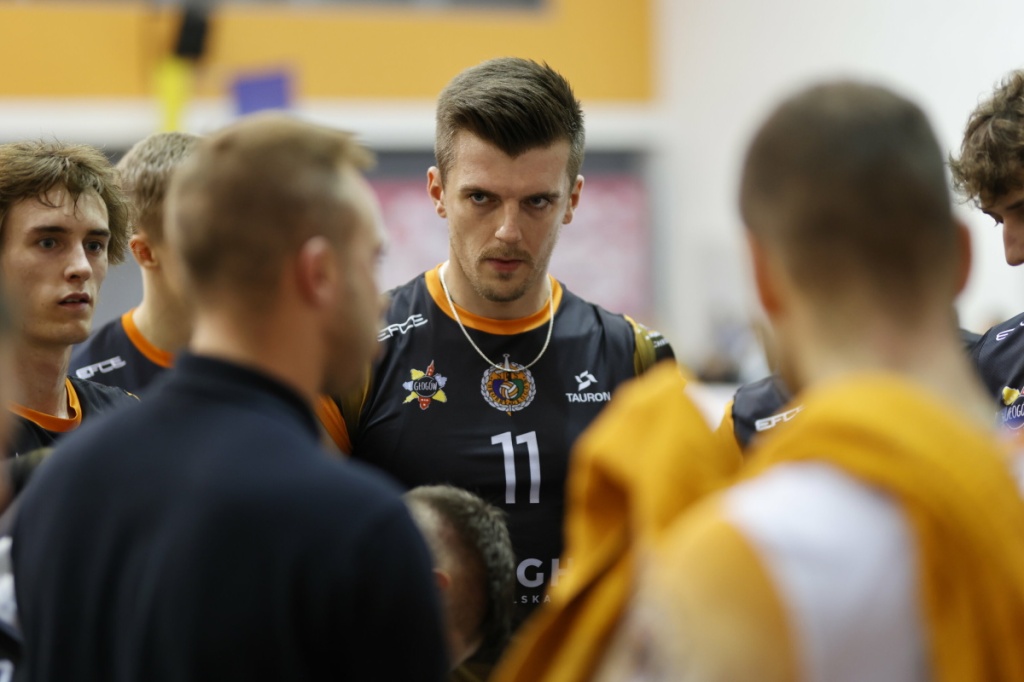
This way of dealing with problems is a key method of finding success. Winners always find a way. You think you’re not getting enough court time? Maybe you’re deep on the bench with seemingly little chance for the starting position? The easy way out is to accuse your coach of preferential treatment: “my coach just doesn’t like me”. But the better approach is to try to objectively look at your own game: what does the starting player have that I don’t? What is he doing better? What should I work on more? Perhaps I’m not the best passer even though I’m a good attacker, perhaps I need to get stronger or quicker? Maybe I need to work on my attitude, body language or support my teammates more? Take a second to really think about that, maybe write it all down and then get to work. Come to practice first, go home last. Ask your coach for tips, pointers, or advice. Ask him for extra training sessions. Try to close the gap by working, instead of badmouthing. Look inwards for answers. And even if the coach still doesn’t play you much after all that work you put in, you will know that you got better. Complaining wouldn’t give you that satisfaction.
Harder = better
We always hear people say to “work smarter, not harder”. In situations like these, the harder way is the better way. Because complaining about things or people around you is easy. The hard thing to do is to actually try to find a solution to a problem. Quite often the problem lies not with a coach or a teammate of ours, but with how we feel about them. Changing the way we feel, by having more empathy or trying to understand their reasoning, takes a lot of work, but it is so much better for the whole team, rather than toxically pointing fingers and blaming others for our misfortune. In other situations, taking more responsibility for the lack of success of the whole group will also do wonders, especially for your long term individual development. Maybe it’s not my coach who’s being unreasonable by not playing me enough, maybe it’s me, maybe I need to put in more work. Maybe, if my setter is not setting me enough, I need to work more on gaining his trust, or perhaps I need to find other ways to help the team. Maybe I need to focus more on block or serve. There are plenty of things outside of our control, but if you look hard enough you will soon realize that you are more in control than you might have thought before. If you need to get to the other side of the river, you should not complain about the river being where it’s always been. But you sure can try to build a bridge to help you cross it. Or perhaps follow the river to the point where it’s shallow enough to walk through it. Winners always find a way. And if you want to be a winner, you need to ask the following question more often: “how can I fix or work around the problem that’s seemingly out of my control?”. If you’ve got this far into this article, take a second to do that now. What’s the problem you’re dealing with at the moment? What was the last time you were complaining about something? And now – how can you fix it or work around it?
